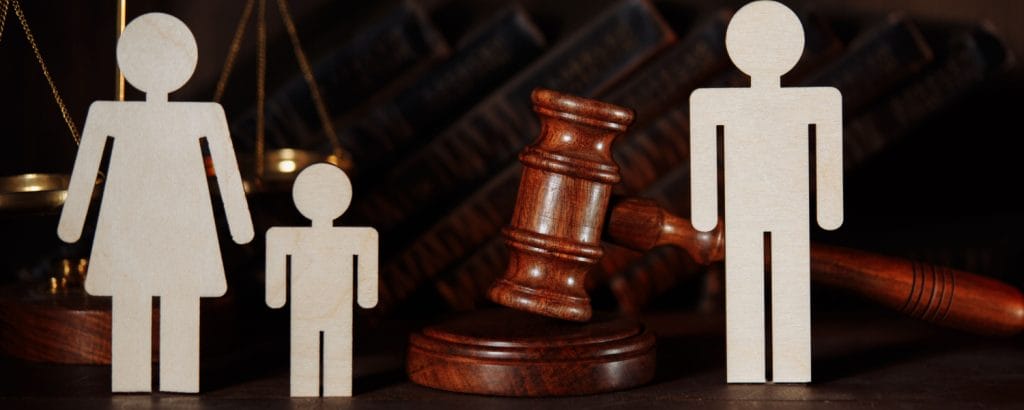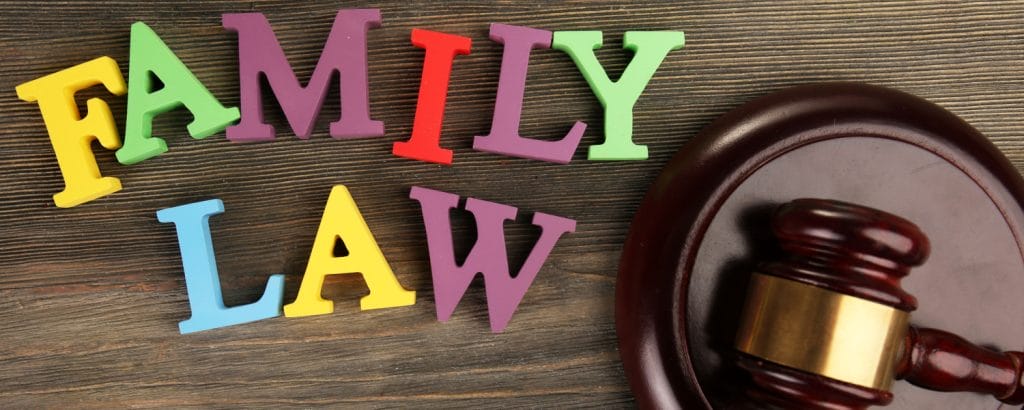Child support is a critical aspect of ensuring the well-being of children following a separation or divorce. It’s a legal obligation that both parents must adhere to, as it directly impacts the financial stability and care of the child. But what happens if child support payments are consistently missed? In Illinois, failing to meet your child support obligations can lead to serious legal consequences. In this article we will answer the question “How many child support payments can you miss before jail time?” Let’s delve into the specifics and the relevant Illinois statutes.

Understanding Child Support in Illinois
Child support is designed to provide financial assistance to the custodial parent for the upbringing and care of the child. Illinois follows a structured system to calculate child support payments based on factors such as each parent’s income, the number of children, and parenting time arrangements. Once a child support order is established, it is legally binding, and both parents are required to fulfill their financial responsibilities.
While child support agreements are created using a calculation that takes into account income, clients often wonder what happens when one parent doesn’t have a job. To learn more about this issue check out our article titled “How Does Child Support Work If the Mother Has No Job?“
Consequences of Missed Child Support Payments
In Illinois, missing child support payments is a serious matter. Courts take these obligations very seriously, as they directly impact the child’s well-being. While the exact number of missed payments that can lead to jail time can vary, it’s essential to understand the potential consequences:
- Civil and Criminal Contempt: If you consistently fail to make child support payments as ordered by the court, the custodial parent or the Illinois Department of Healthcare and Family Services (HFS) can initiate legal action against you. This can result in civil and criminal contempt proceedings. Civil contempt may lead to fines, wage garnishment, or property liens. Criminal contempt, which can result in jail time, may be pursued if the court determines that the non-payment was intentional and willful.
- License Suspension: Illinois has the authority to suspend various licenses, including driver’s licenses, professional licenses, and recreational licenses, for individuals who are delinquent in child support payments. License suspension can significantly impact your ability to work and carry out daily activities.
- Property Seizure: In extreme cases of non-compliance, the court may order the seizure of property or assets to satisfy the outstanding child support debt. This can include bank accounts, real estate, and other valuable assets.

Relevant Illinois Statutes
While there isn’t a specific statute that states an exact number of missed child support payments before jail time is imposed, the Illinois Marriage and Dissolution of Marriage Act (750 ILCS 5) and the Income Withholding for Support Act (750 ILCS 28) outline the legal framework for child support enforcement.
- 750 ILCS 5 – Marriage and Dissolution of Marriage Act: This statute provides the guidelines for child support, including its calculation and enforcement. It emphasizes the importance of maintaining financial responsibilities towards children and outlines the legal consequences for non-compliance.
- 750 ILCS 28 – Income Withholding for Support Act: This statute governs the process of income withholding to enforce child support orders. It empowers the Illinois Department of Healthcare and Family Services to implement wage garnishments and other measures to ensure child support payments are made.
Clients also sometimes ask “Is It Illegal to Hide a Bank Account from Child Support?” To learn more check out the article linked above.
Seeking Legal Guidance
If you’re facing challenges in making child support payments, it’s crucial to take proactive steps to address the issue. If your financial circumstances have changed significantly, you can petition the court for a modification of the child support order. Attempting to evade payments can lead to legal consequences and negatively impact your relationship with your child.
If you find yourself in a situation where you’re struggling to meet your child support obligations, it’s advisable to seek legal counsel promptly. An experienced family law attorney can help you navigate the legal process, explore available options, and work towards a resolution that benefits both you and your child. To learn more check out our article titled “How Much Does a Family Law Attorney Cost in Illinois?”

Conclusion: How Many Child Support Payments Can You Miss Before Jail Time?
Child support is a legal obligation designed to provide for the well-being of children following a separation or divorce. In Illinois, consistently missing child support payments can result in serious consequences, including fines, license suspension, property seizure, and even jail time. While there isn’t a set number of missed payments that automatically leads to jail, it’s essential to understand the potential legal ramifications and to seek legal guidance if you’re facing challenges in meeting your child support obligations. Ultimately, prioritizing your child’s needs and fulfilling your responsibilities as a parent should be at the forefront of your decisions.
MEET WITH AN ILLINOIS FAMILY LAW ATTORNEY TODAY
The Family Law attorneys at Koth Gregory & Nieminski understand that your family is the top priority, which is why we offer SAME-DAY APPOINTMENTS. If you need a divorce or other family law services, you can schedule your first meeting through our online appointment calendar. We look forward to meeting you.
Disclaimer: This article (How Many Child Support Payments Can You Miss Before Jail Time?) may contain information that is outdated as Illinois law continuously evolves. Meeting with an experienced family law attorney is the best way to ensure you are receiving the most current information to answer the question How Many Child Support Payments Can You Miss Before Jail Time?

Published by Dustin Koth on February 29, 2024
